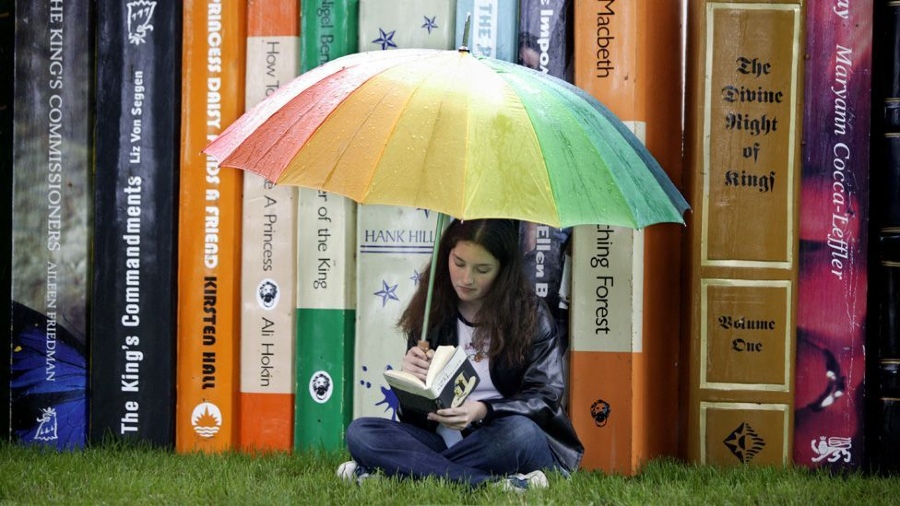We’ve collected a list of the best non-fiction books of the 2000s – a decade of political chaos, existential ennui, and technological revolution.
In a decade that spanned an incoming millennium, the events of 9/11 and the War on Terror, the Global Financial Crisis and the rise of Silicon Valley (hello: Facebook and Google), there was a surge in non-fiction books that sought to document the emerging histories, human philosophical concerns, and political polemics of the eventful era.
Amongst the chaos of the decade, it’s safe to say that the world was forced to evolve pretty quickly in the years between 2000 and 2009. Alongside this, literature simultaneously evolved as a reflection of the times. Below, we’ve listed the best, and most influential, non-fiction books of the 2000s.
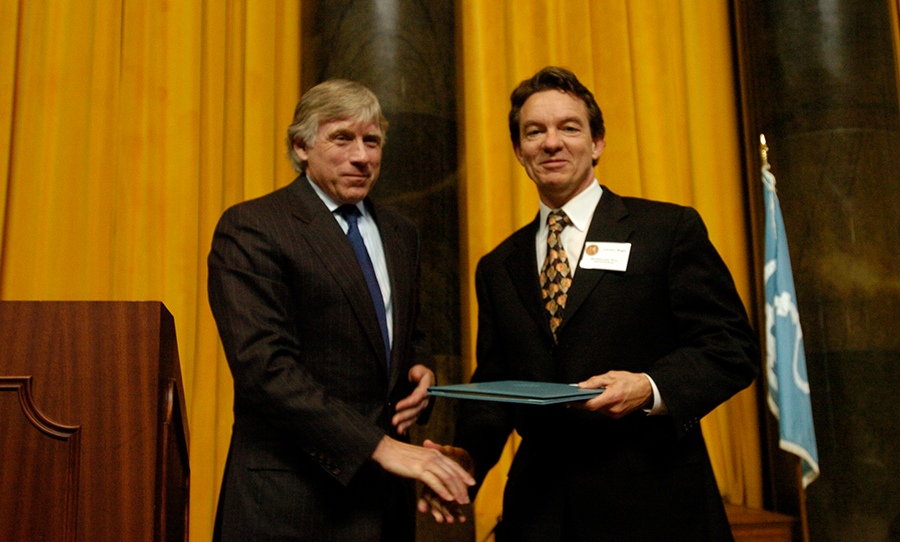
A Heartbreaking Work of Staggering Genius – Dave Eggers (2000)
A Heartbreaking Work of Staggering Genius is an autobiographical account of a heart-wrenching tragedy: the death of a teenage Dave Egger’s parents, and his subsequent evolution into his eight-year-old brother’s keeper. Comical, experimental and ultimately heartbreaking, With Egger’s non-fiction debut receiving a rare, collective critical acclaim at the time of publication, the book seems to have lived up to its self-proclaimed “genius” status.
Reviewed by The New York Times as “the sort of book David Foster Wallace, Frank McCourt and Tom Wolfe might have written together if Mr. Wallace had never heard of Thomas Pynchon, if Mr. McCourt didn’t grow up poor in Ireland but middle-class in the suburbs of Chicago, if Tom Wolfe weren’t the sort of writer who wears white suits and ice-cream-colored shirts but were a 20-something slacker with a taste for shorts and T-shirts and lots of postmodern pyrotechnics,” the book is considered an excellent example of the post-modernist literary revival in the late ’90s and early 2000s.
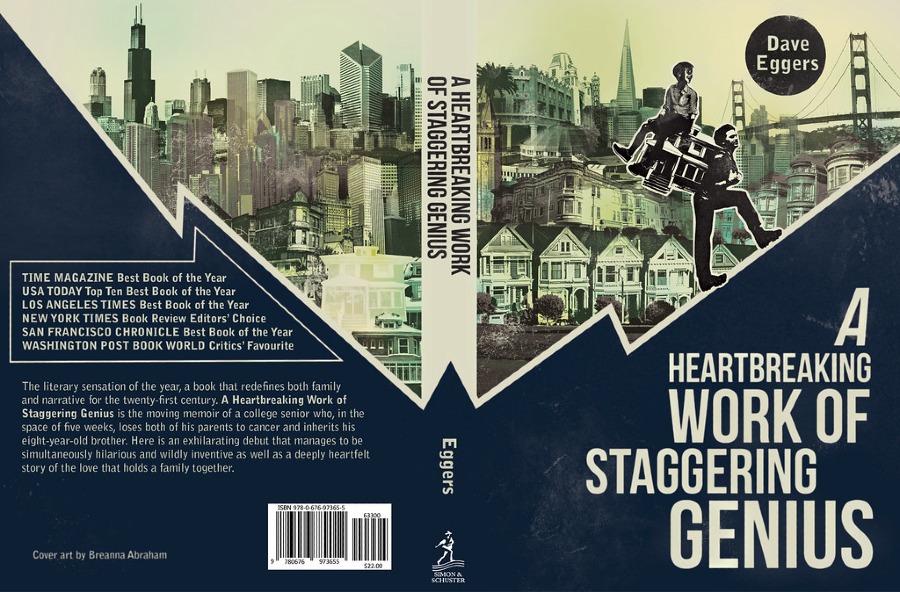
On Writing – Stephen King (2000)
Written by legendary multi-genre fiction writer Stephen King, On Writing is a memoir where King discusses the major milestones of his writing career, how to be a writer, as well as the power of writing and language. The memoir also details King’s recovery from a horrific roadside accident a year prior, where he almost lost his life. The emotional power of the book has been universally praised by critics, with a review in the Post-Tribune explaining: “In writing candidly and honestly about his recovery from a trauma that should have killed him, King has never been more affecting. Obviously, it is a good thing he was able to survive and get back into shape on a physical and emotional level.” On Writing is a must-read for King fans, and aspiring writers everywhere.
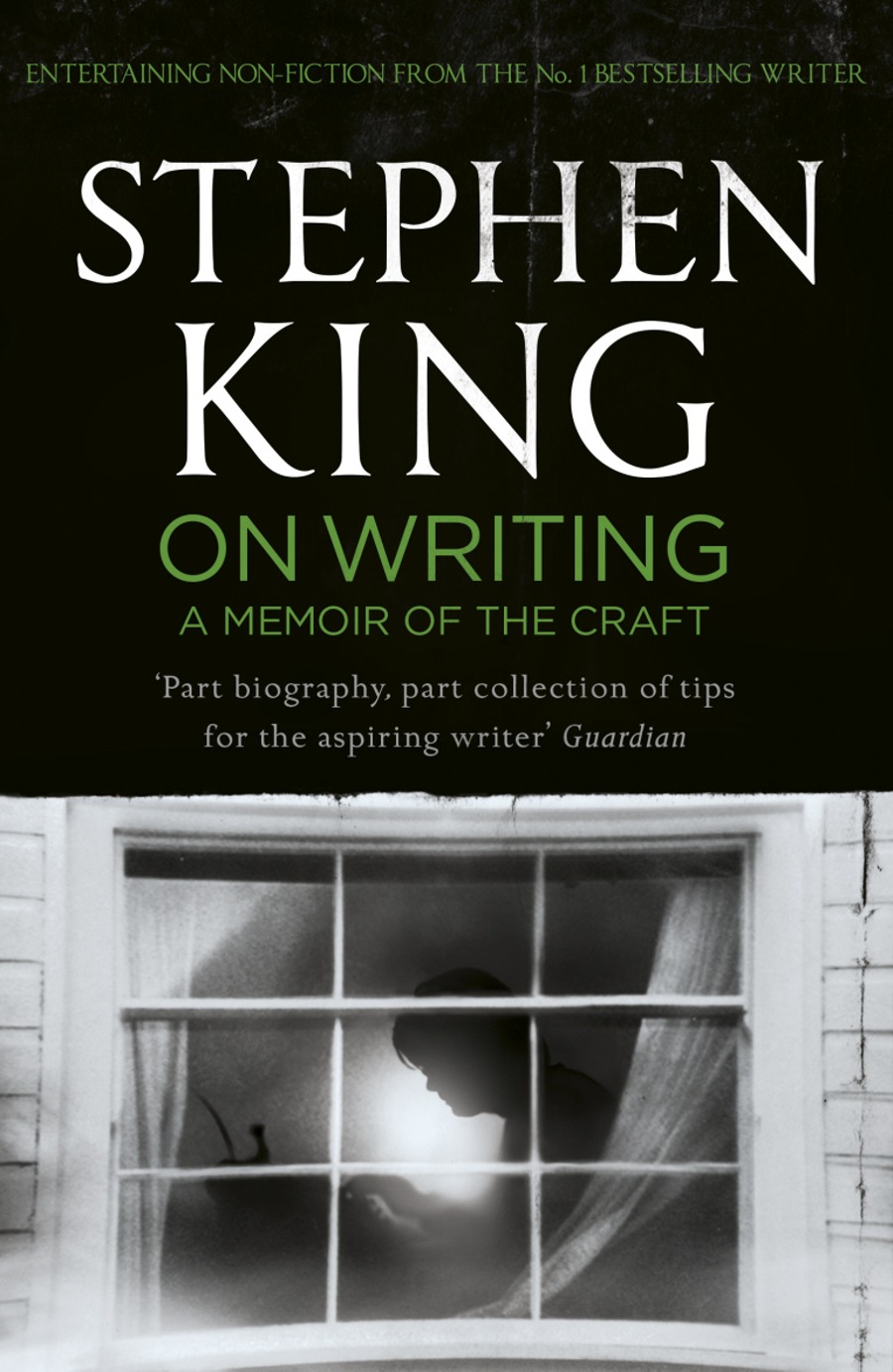
American Ground: Unbuilding the World Trade Center – William Langewiesche (2002)
Selected as one of the best books of 2002 by The New York Times, San Francisco Chronicle, Boston Globe, Los Angeles Times, and Chicago Sun-Times, American Ground is the story of Ground Zero in the immediate aftermath of the September 11 attacks. William Langewiesche follows the mechanics of the rescue and recovery operation, as ordinary people — volunteers, firefighters, engineers — attempt to clear the 1.8 million tonnes of debris that devastated the city. Beyond the physical clean-up efforts, Langewiesche paints a portrait of a unique story of restoration, resourcefulness and reinvention of a city and its people.
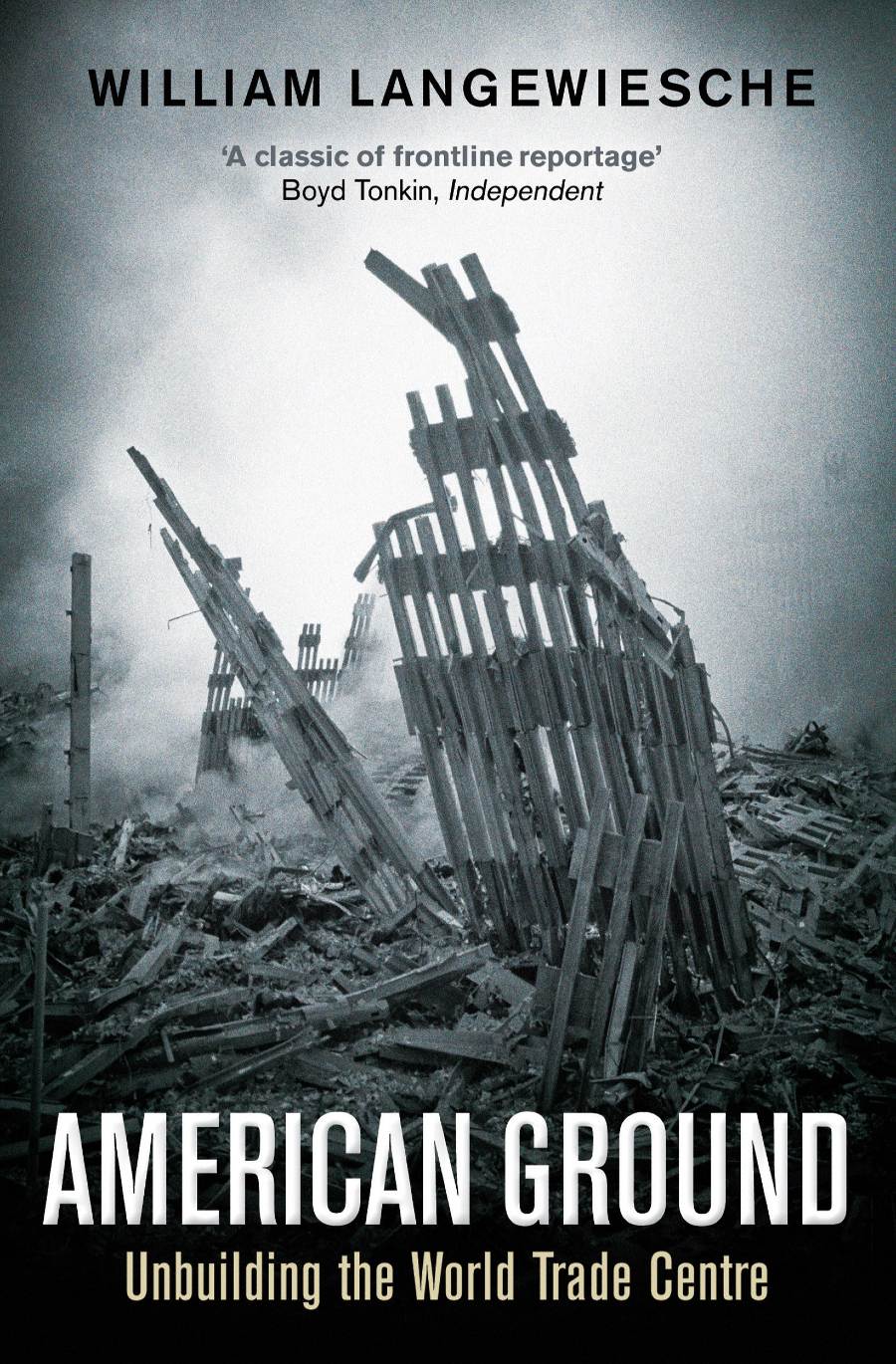
A Problem from Hell: America and the Age of Genocide – Samantha Power (2002)
Written by former diplomat and founding executive director of Harvard’s Carr Center for Human Rights Policy Samantha Power, A Problem from Hell is a stunning moral indictment of American governments’ lack of humanitarian intervention in a century’s worth of global massacres: for the Armenians in the Ottoman Empire during World War I, in Europe during the Holocaust, in Rwanda in 1994, and in the Balkans in the ’90s.
As claimed in the New Yorker, the book “inspired a generation of activists, helping to establish the doctrine of “responsibility to protect,” which held that the United States and other wealthy countries had an obligation to defend threatened populations around the world.”
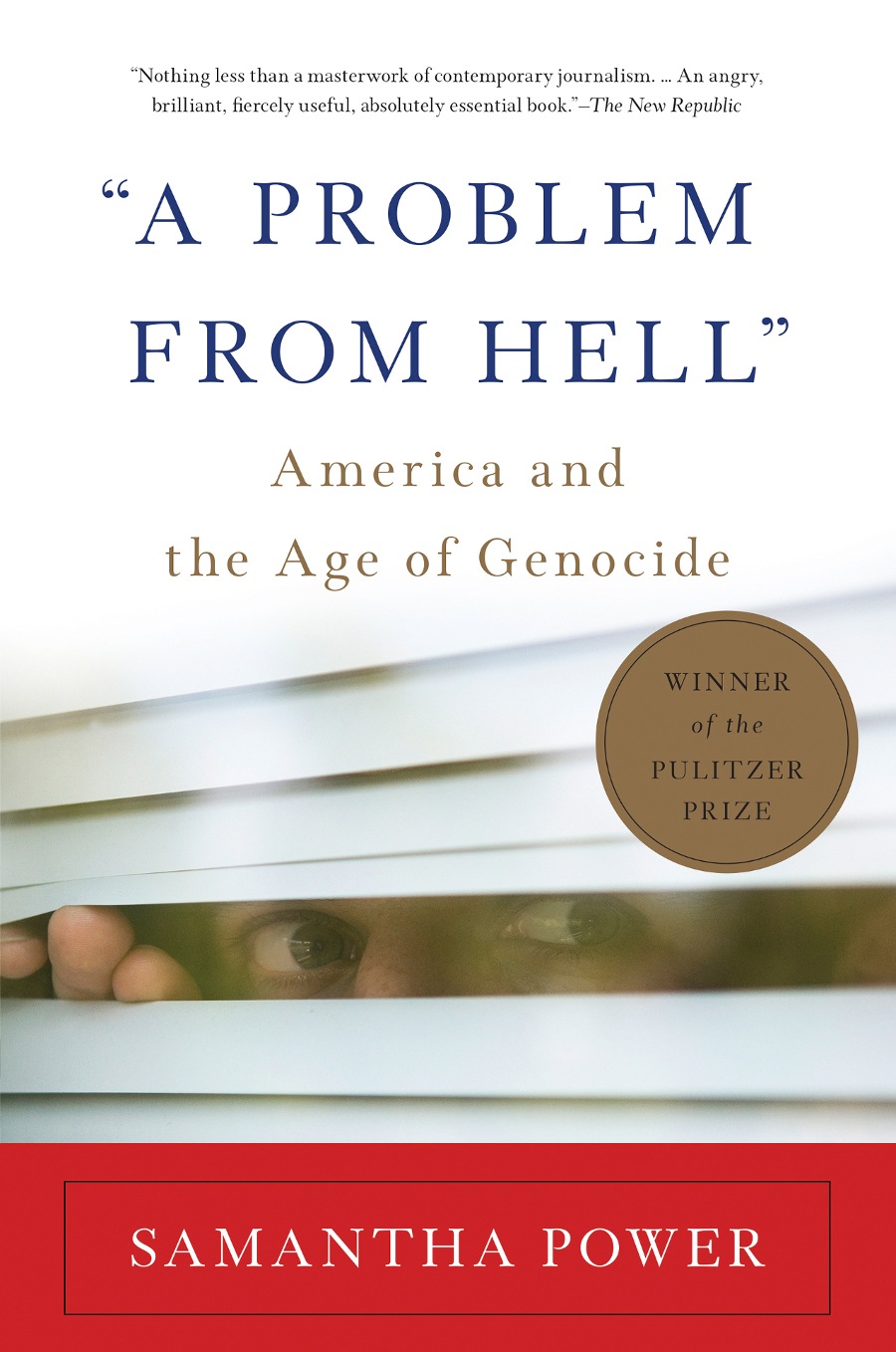
The Blank Slate: The Modern Denial of Human Nature – Steven Pinker (2002)
The Blank State is an ambitious non-fiction book — one that attempts to close the gap between debates around the origins of human existence. Steven Pinker’s argument centres around the fact that human nature that is grounded in science. It’s a critical analysis of the three linked dogmas, generally argued by past and modern intellectuals: the Blank Slate (the mind has no innate traits), the Noble Savage (people are born good and corrupted by society), and the Ghost in the Machine (each of us has a soul that makes choices free from biology).
The Blank Slate calmly argues that instead of instilling fear, the reality of a human nature rooted in common sense, scientific fact and objectivity can complement insights about the human condition made by hundreds of generations of artists and philosophers.

Maximum City: Bombay Lost and Found – Suketu Mehta (2004)
Any attempt to condense the sprawling metropolis of Bombay (now known as Mumbai) would be considered wildly ambitious, and Suketu Mehta’s narrative non-fiction book is exactly that. Following the Bombay native as he returns home after almost 20 years abroad, Maximum Bombay unpacks the complexities of one of the largest cities in the world, delving into its essential contradictions: the extremes of tolerance and intolerance, community and isolation, devastating poverty and unimaginable wealth, violence and benevolence; strugglers and stars.
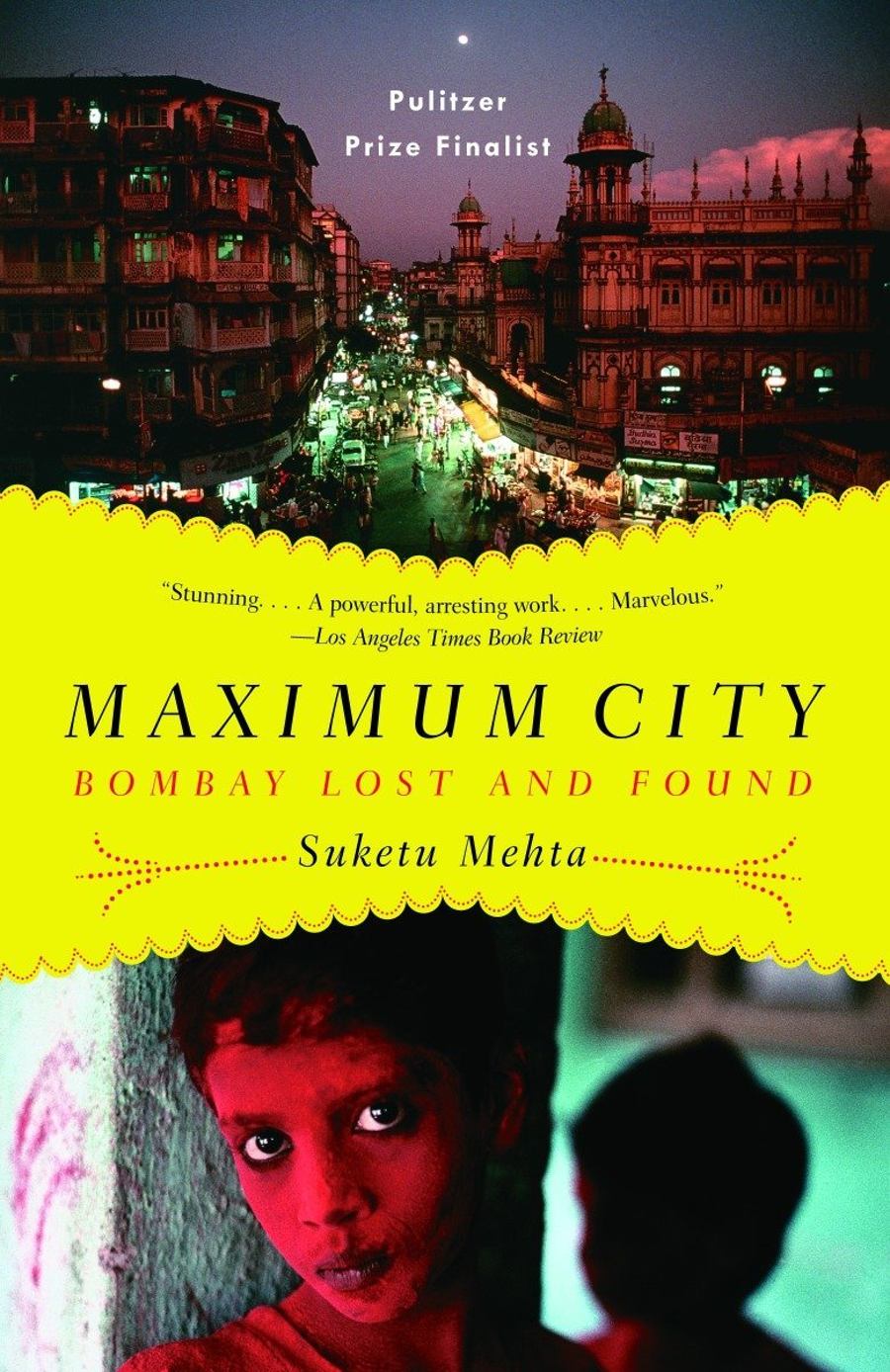
Gulag: A History – Anne Applebaum (2003)
Winning the 2004 Pulitzer Prize for General Non-Fiction, Gulag: A History chronicles the history of the Gulag — a major instrument of repression in the Soviet Union — from its beginnings under the Lenin administration, through its unimaginable rise during World War II, and its eventual decline following the death of Stalin in the ’50s.
As described by Penguin, the book is “the only major history in any language to draw together the mass of memoirs and writings on the Soviet camps that have been published in Russia and the West. Using these, as well as her own original research in NKVD archives and interviews with survivors, Anne Applebaum has written a fully documented history of the camp system… and a gigantic feat of investigation, synthesis and moral reckoning.”
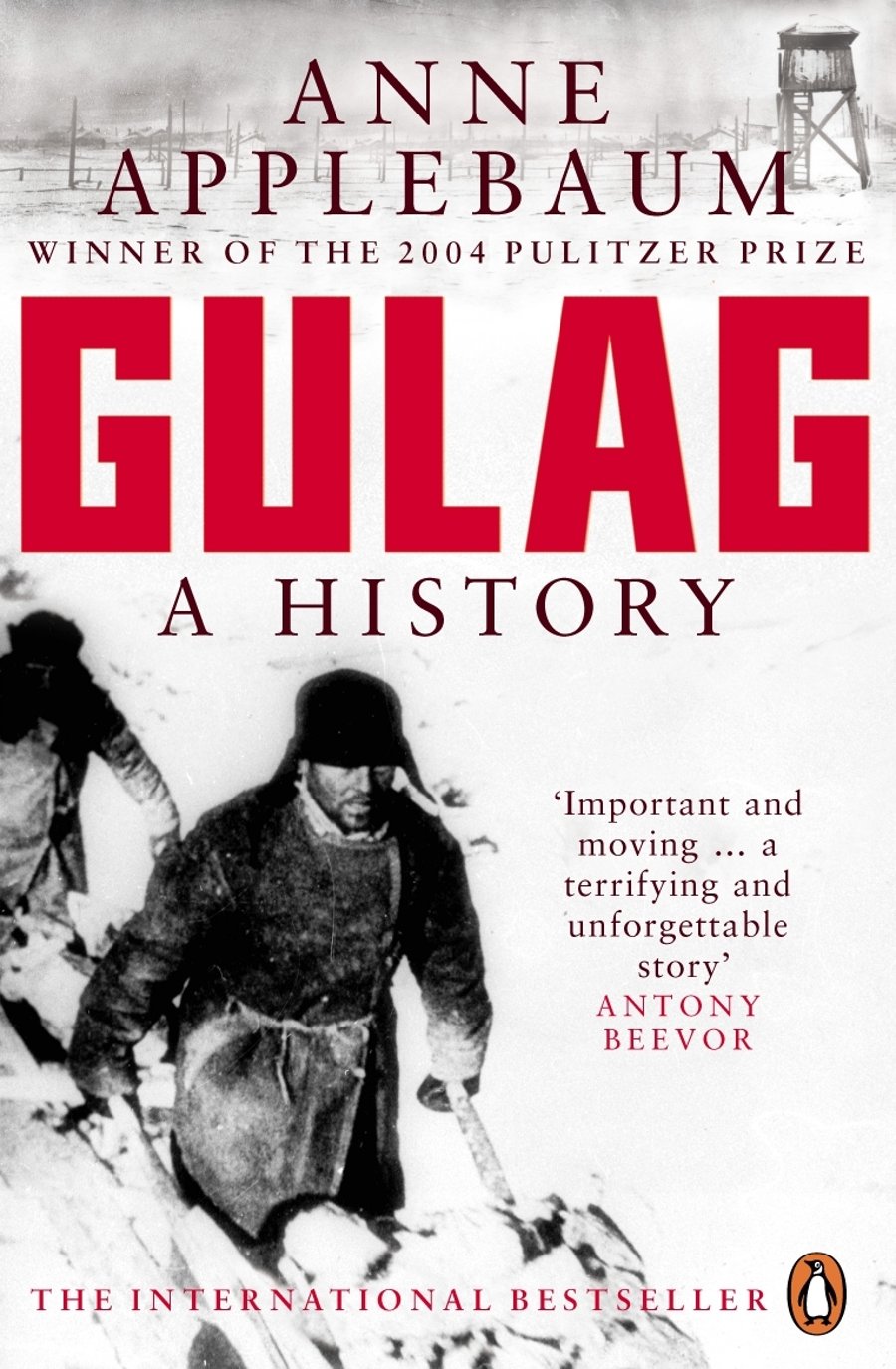
The Year of Magical Thinking – Joan Didion (2005)
Frequently ranked amongst the greatest non-fiction books of all time, The Year of Magical Thinking is a memoir by Joan Didion, detailing the year after her husband’s death. It is widely considered one of the greatest books on grief, marriage and life. As she tries to make sense of her husband’s death and her own changed identity, Didion navigates emotional and physical shifts in memory, “magical thinking,” as well as medical and psychological research on grief and illness.
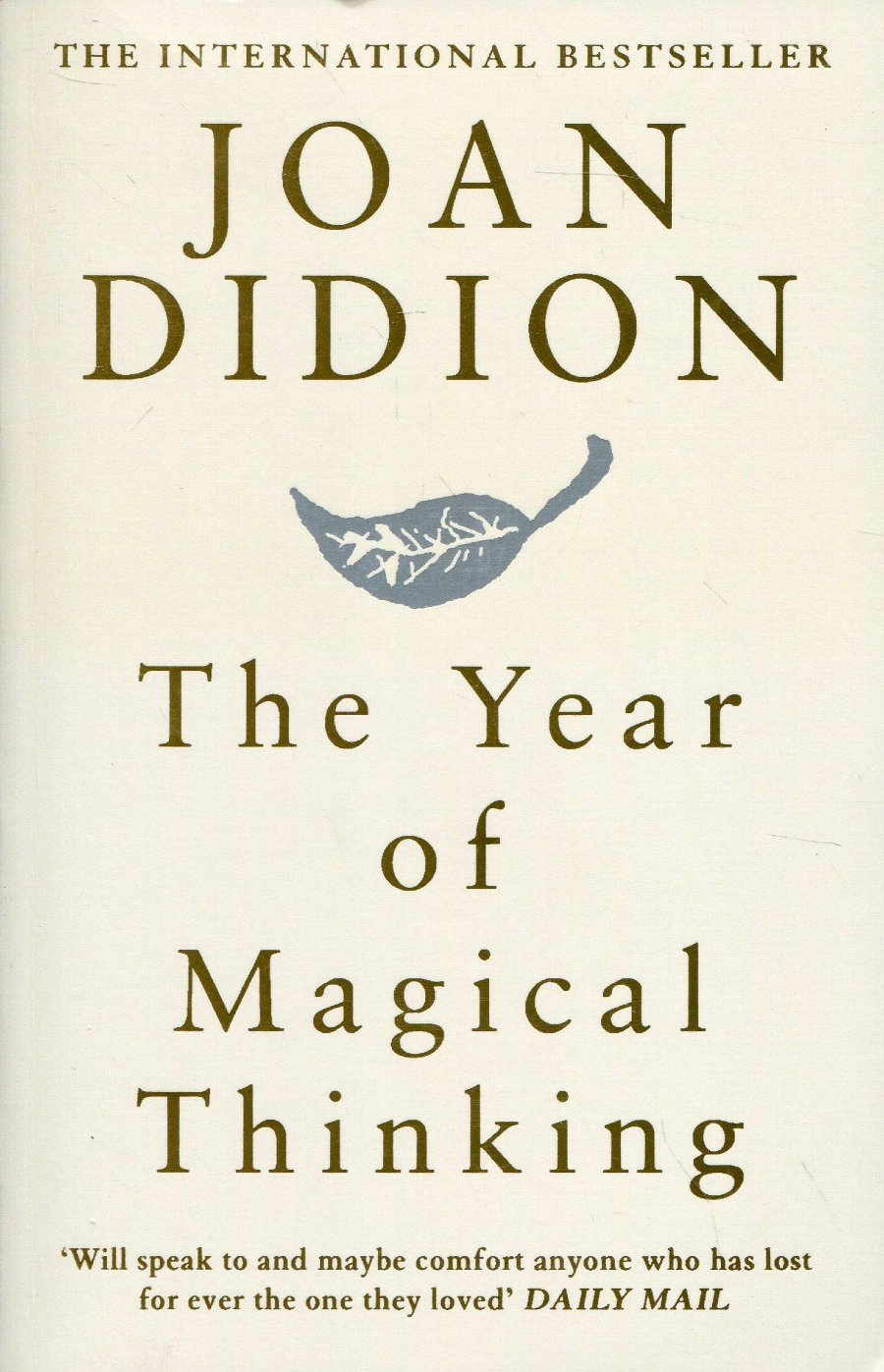
The Looming Tower: Al-Qaeda and the Road to 9/11 – Lawrence Wright (2006)
Most recently being adapted by Hulu for television, The Looming Tower is an expansive work of non-fiction that traces the origins of Al-Qaeda, and examines the background events that led to the September 11 attacks. Rather than focusing on the attacks themselves, Wright hones in on the individuals involved and their motivations, personalities, interactions and lives.
Osama Bin Laden is perhaps the most richly described, as Wright details his lavish upbringing in Saudi Arabia, role in the jihad against the Soviets in Afghanistan in the ’80s, presence in Sudan and relationship with the Taliban.
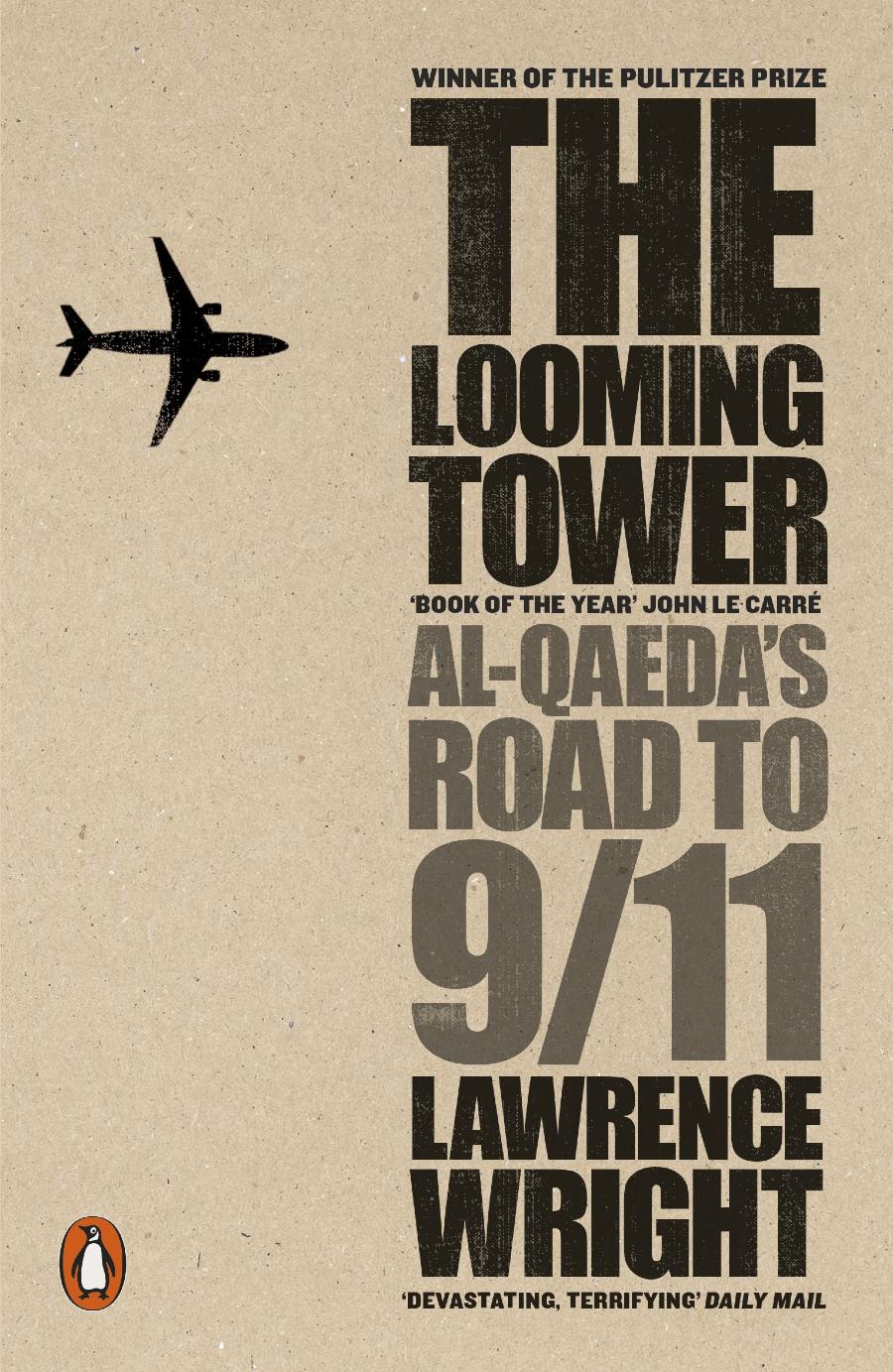
The Lemon Tree: An Arab, a Jew, and the Heart of the Middle East – Sandy Tolan (2006)
Written by acclaimed Times reporter Sandy Tolan, The Lemon Tree tells the real-life friendship of Bashir, a Palestinian man, and Dalia, the Israeli woman who now lives in Bashir’s childhood home. Drawing on interviews, oral histories, and more, Tolan reconstructs the stories each family, Khairi and Eshkenazi — Arab and Israeli — tells about their experiences of displacement, the meaning of homeland, the family and friends sacrificed, and the hopes of reconciliation. Tolan’s non-fiction book investigates the Israeli occupation of Palestine on a deeply human level, by uplifting the voices of the people living through the crisis.
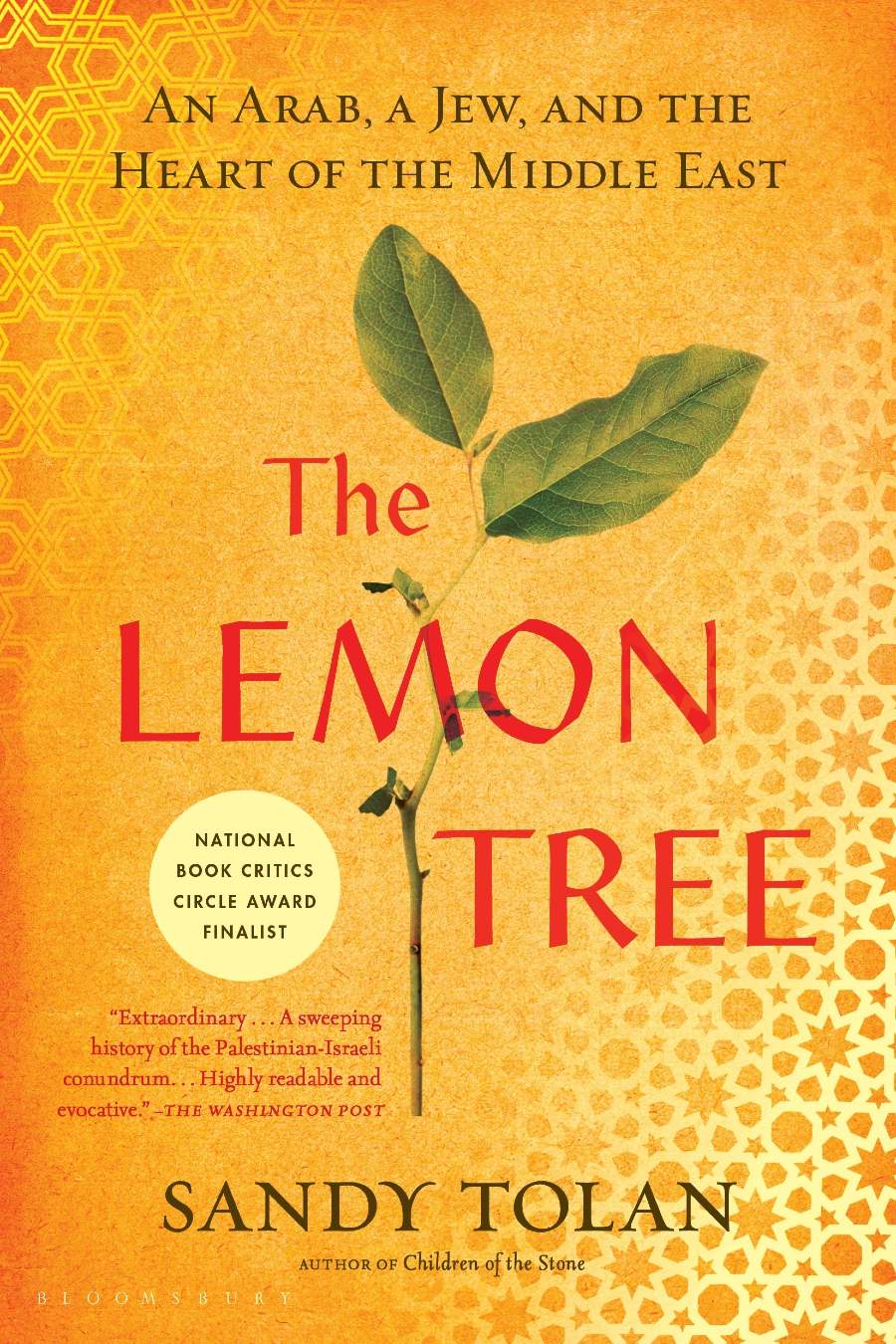
The Shock Doctrine: The Rise of Disaster Capitalism – Naomi Klein (2007)
The term “shock doctrine” has been a term identified by Naomi Klein, to describe “the brutal tactic of using the public’s disorientation following a collective shock – wars, coups, terrorist attacks, market crashes or natural disasters – to push through radical pro-corporate measures.” The Shock Doctrine is a moral indictment of neo-liberalism, and the social breakdown that is integrated into the nature of the free market.
Using a myriad of socio-political case studies, the non-fiction book argues that neo-liberalism belongs among “the closed, fundamentalist doctrines that cannot co-exist with other belief-systems … The world as it is must be erased to make way for their purist invention. Rooted in biblical fantasies of great floods and great fires, it is a logic that leads ineluctably towards violence.”
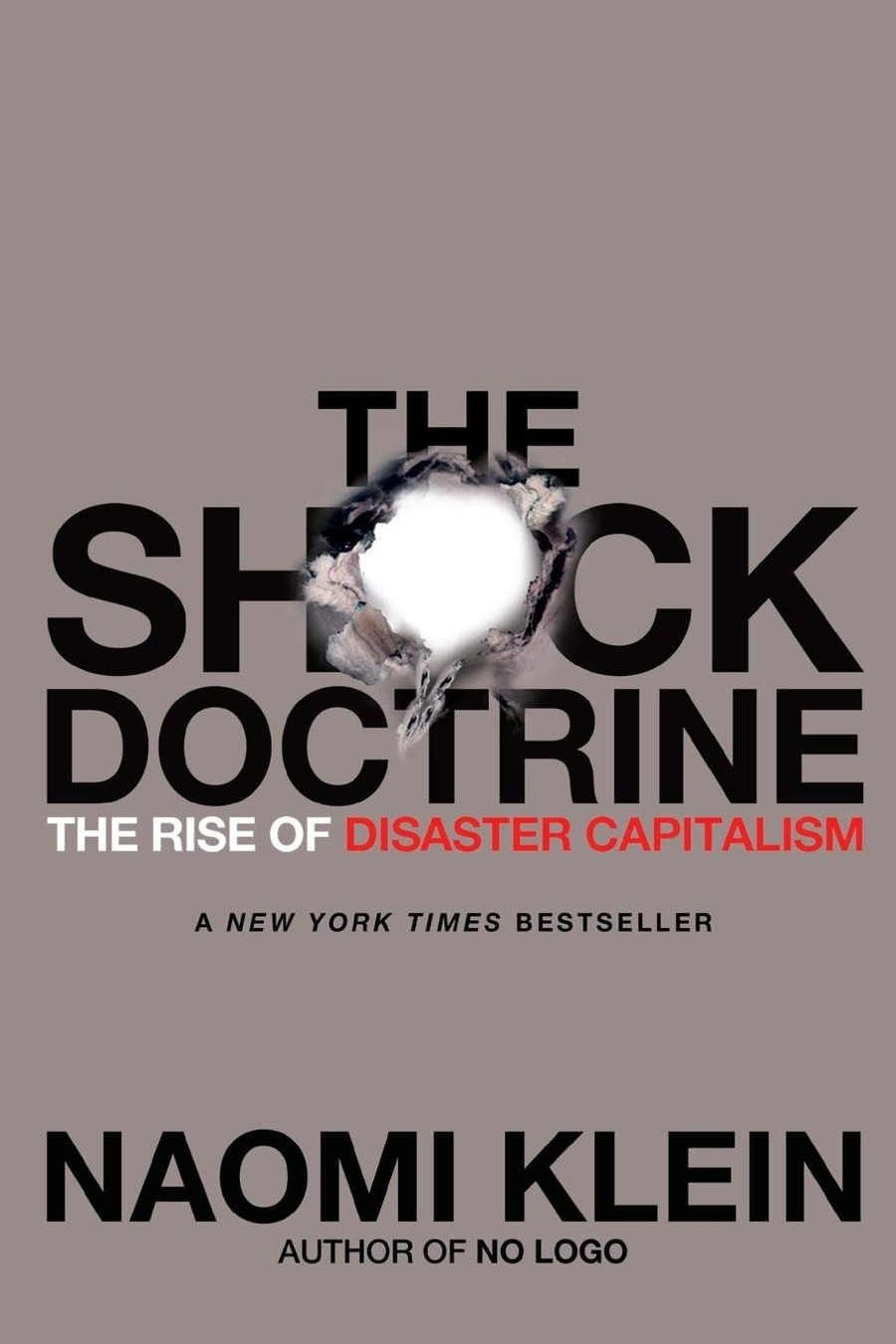
The World Without Us – Alan Weisman (2007)
A World Without Us imagines the state of the world in which human beings cease to exist. The non-fiction book is simultaneously a thought experiment, an instance of extensive journalistic reportage, and an environmental assessment backed up by droves of scientific research. Weisman explores places already devoid of humans (a last fragment of primeval European forest; the Korean DMZ; Chernobyl), and in doing so, raises profound questions about the Earth’s capability to heal, evolve and grow.
In a review by James Howard Kunstler, author of The Long Emergency, A World Without Us is described as“fascinating, mordant, deeply intelligent, and beautifully written, [th ebook ] depicts the spectacle of humanity’s impact on the planet Earth in tragically poignant terms that go far beyond the dry dictates of science. This is a very important book for a species playing games with its own destiny.”
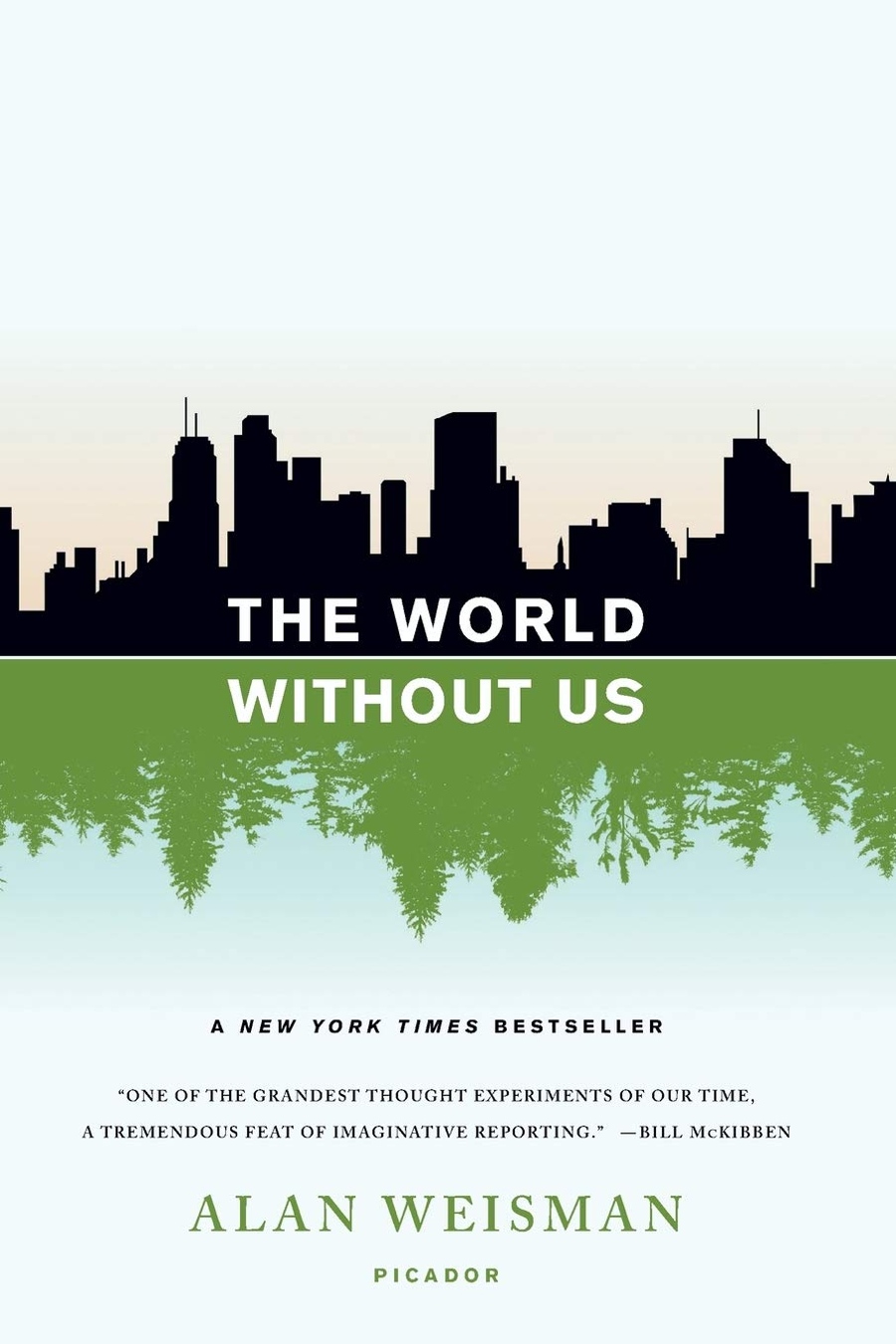
Slavery by Another Name: The Re-Enslavement of Black Americans from the Civil War to World War II – Douglas A. Blackmon (2008)
A gripping, thoroughly researched account of the systems used to re-enslave Black Americans after the failures of the Reconstruction — the period that followed the Civil War, in which slavery, oppression and inequality were ultimately failed to be reckoned with — Slavery By Another Name explores the instances of Black forced labour, convict leasing, sharecropping and peonage.
Emerging from what began as a Wall Street Journal article, Blackmon’s non-fiction book went on to win the Pulitzer Prize for General Non-Fiction in 2009, as well as being adapted into a PBS documentary in 2012.
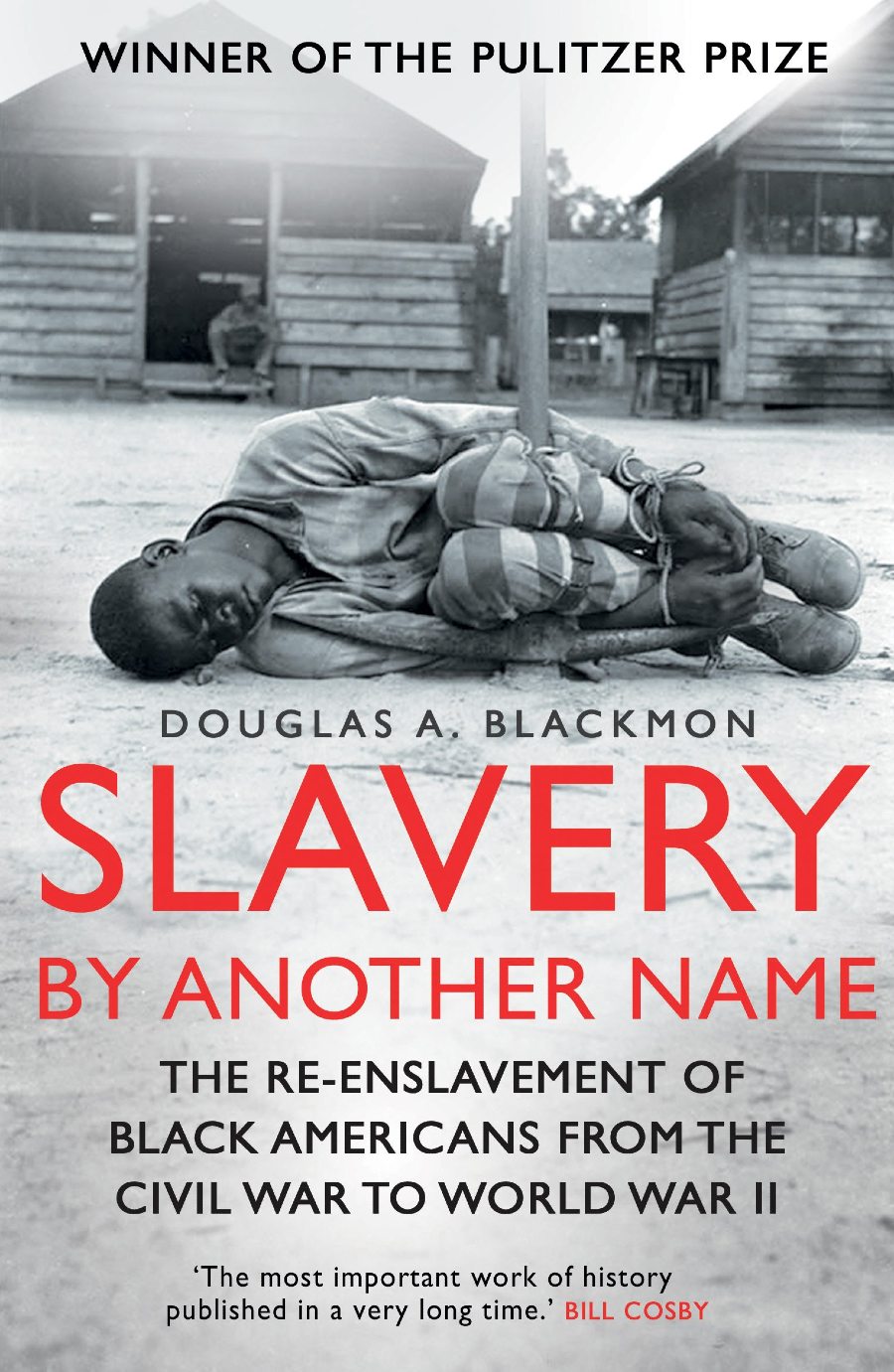
The Night of the Gun: A Reporter Investigates the Darkest Story of his Life…His Own – David Carr (2008)
Now, one of the most widely celebrated American journalists in recent history, David Carr’s life wasn’t always so glamourous. The Night of The Gun details some of the most harrowing parts of his life, as he navigated addiction, recovery, cancer, and life as a single parent. It details his journey from “crack-house regular to New York Times columnist,” applying the same journalistic prowess that shot him to fame, to investigate the demons of his past.
A fascinating meditation on memory, The Night of The Gun, raises the question: Do we remember only the stories we can live with? The ones that make us look good in the rearview mirror?
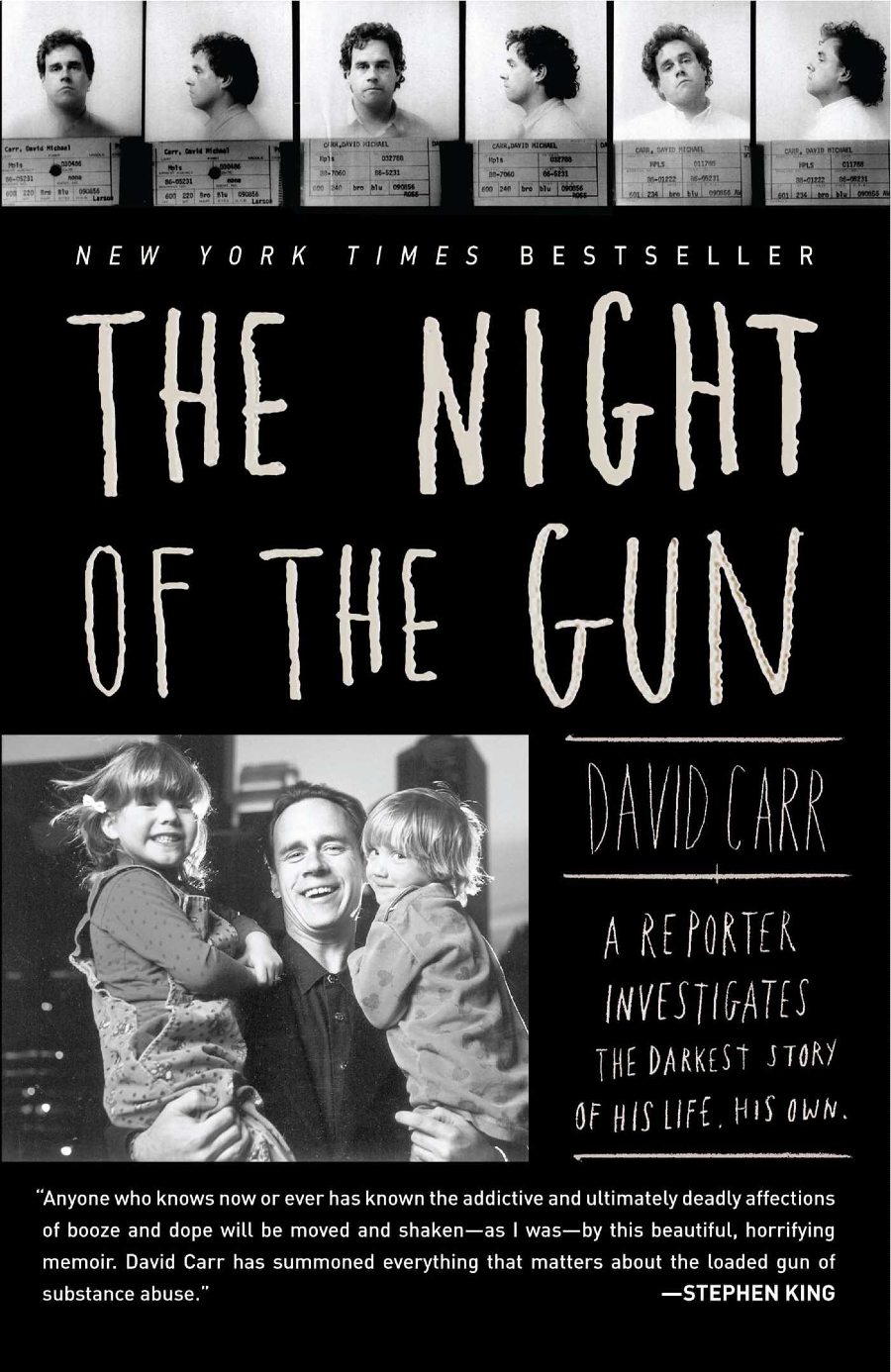
How Markets Fail: The Logic of Economic Calamities – John Cassidy (2009)
Published in the wake of the Global Financial Crisis, John Cassidy’s timely non-fiction book explores the dangers of “utopian economics — thinking that is blind to how real people act and that denies the many ways an unregulated free market can produce disastrous unintended consequences.” Cassidy’s book is a combination of investigative reporting, historical economic theory analysis and philosophical extrapolations.
How Markets Fail is a deeply relevant examination of individual behavioural biases, their capability to influence macroeconomic phenomena, and the immense danger that can come from ignorance of the “irrational” in a free market economy.

